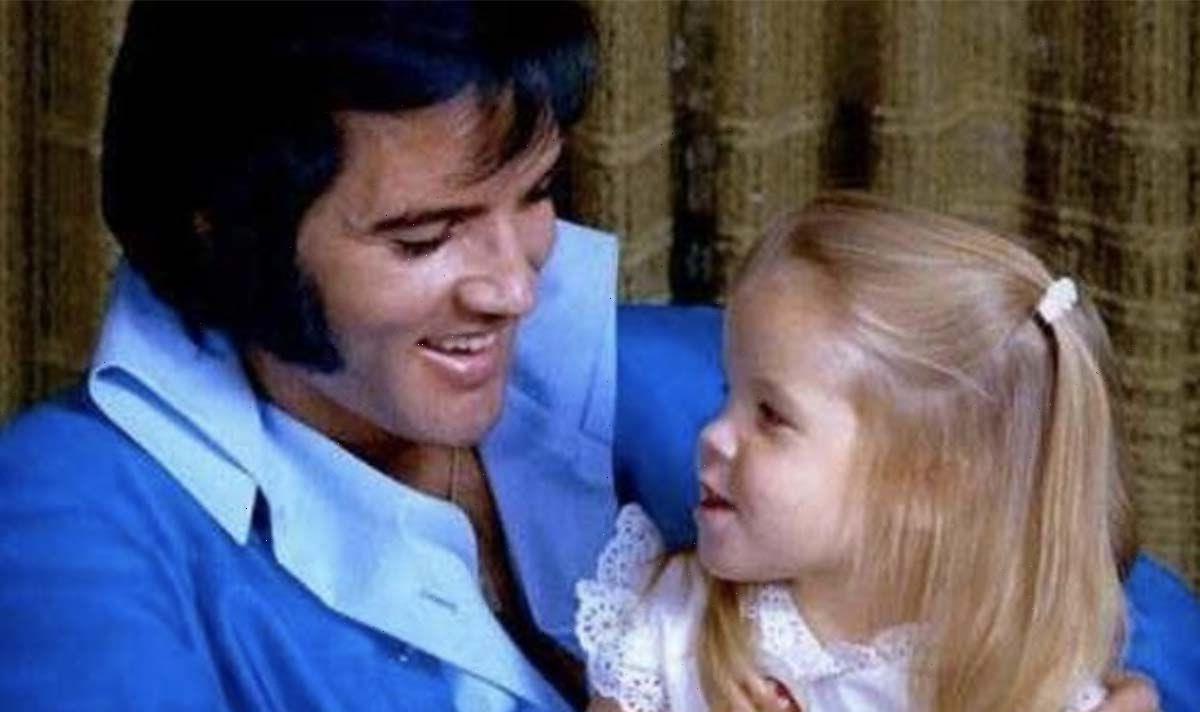Cost of living: Three tips to save money on energy bills
We use your sign-up to provide content in ways you’ve consented to and to improve our understanding of you. This may include adverts from us and 3rd parties based on our understanding. You can unsubscribe at any time. More info
Most Britons have had to fork out twice as much to pay for energy bills compared with last year, but for one chip shop owner from Newcastle, her gas and electricity bills have gone up a staggering ten-fold. Now, Amy Anemoni has resorted to working in the dark to save cash. The 28-year-old has refused to up the prices for her customers, instead switching off the lights in a bid to swerve the soaring prices to keep the Whieldon Fish Bar in the Fenton area of Stoke-on-Trent up and running. Last year, the chippy only had to fork out around £350 a month for electricity, but as prices have risen, it is now paying up to £1,000 a month.
Whenever she can, Ms Anemoni, who took over the chippy a month ago, says she turns off the lights and works in the dark, although she did stress that she does not put her staff in the same situation.
She told StokeonTrent Live: “We are turning off the lights whenever we’re not using them. I’m used to it so I can go there but if I have any staff I can’t let them work without the light.”
And amid the cost of living crisis, along with high energy bills for households, inflation has hit double figures, pushing up prices of everyday goods.
The Stoke fish and chip shop is aware of the strain this is putting on struggling families and offers 10 percent discounts on orders over £10 and meal specials starting at £3.25.


Ms Anemoni said: “The customers say our food is cheap, and they also like that we use cod rather than sea bass or something else. People have said the chips are good now compared to previously. Fish and chips is our biggest seller.”
While this chippy is still able to keep afloat even after bills have soared, other establishments have not been as lucky. The British Takeaway Campaign, a group of 750 takeaway restaurants, called on the Government to step in to support small businesses as “day after day, Britain’s smallest restaurants are having to close their doors for good”.
In a letter to former Chancellor Rishi Sunak and Prime Minster Liz Truss sent back in August, the campaigners wrote: “This isn’t only detrimental to the Treasury’s tax take, but to our communities and culture.
“The local curry house has been part of the fabric of Britain for generations, while the local fish and chip shop is synonymous with our heritage worldwide. If we lose our local favourites, we risk losing part of what makes us British.”

But the Government did step in to provide support to businesses under the Energy Bill Relief Scheme after the pressure piled on, although this is only scheduled to last until the end of March.
Support for households was set to last longer, but new Chancellor Jeremy Hunt announced that he will end Prime Minister Liz Truss’ energy price guarantee early, with extra help for households now set to come to an end in six months’ time.
Ms Truss, who has resigned and will be replaced next week, unveiled under her energy price guarantee that typical households would not have to pay more than £2,500 a year on their energy bills for the next two years, swerving Ofgem’s planned £3,549 price cap.
But now, the Chancellor, who appears to be calling the shots, will end the scheme in April, although he has pledged that targeted support will follow. Forecasters have warned that Britons could face bills reaching over £4,000 due to the move.
DON’T MISS
Twindemic’ fears grow amid early October Covid spike [REPORT]
Britons brace for Orionids meteor shower this week – how to watch [REVEAL]
Ukraine on alert as Russian false flag dam attack could flood city [INSIGHT]


Investec analyst Martin Young said: “Politicians have said they cannot go writing a blank cheque, so we get back to the cost of energy and living crisis for individuals and the uncertainty that brings.
“There are a lot of people who would have found the £2,500 a very difficult number, and now the Government is saying it’s not going to be set at that level for all for two years. The amount that can be raised from a windfall tax will also help to determine how to pay for it. We thought that the cost of energy for many had been parked. Now someone’s said: ‘You cannot park there.’”
According to the End Fuel Poverty Coalition, the number of people in fuel poverty could jump from seven million to 10.7 million if fresh support from the Government is not provided in April. Simon Francis, co-ordinator of the End Fuel Poverty Coalition, said: “The Government may have brought some stability to the markets, but it has come at the cost of huge instability in households’ finances.
“The new chancellor must work quickly, and with consumer groups and charities, to design a new package of support and energy market reforms that will help those in fuel poverty now and post April.”
Source: Read Full Article


